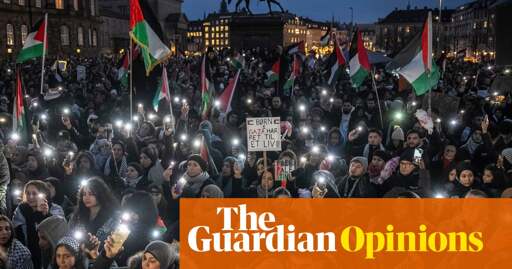In Denmark, we like to think of ourselves as being in the vanguard of freedom of expression. We were the first country in the world to legalise pornography. We insisted on the right to publish caricatures of the prophet Muhammad. Rather than marginalise so-called rightwing populists in parliament, we invited them in to political cooperation. We pride ourselves on being unafraid of controversy and we’re good at making authorities who try to tell us what to do – and especially what not to do – look ridiculous.
Danes also like to think of our country as a role model for democracy. As such, the national elections for children aged 13 to 16 are a cherished tradition, considered a part of civic education and a preparation for democratic participation. All schools are invited to take part in the exercise, which is held every other year. Students debate 20 issues for three weeks before casting votes for the parties that are also eligible to stand in real general elections.
Over the past few weeks, however, the national school elections have been dragged into controversy after the decision to ban one theme from the list of issues for the 2026 vote: the question of Palestine.
Should Denmark recognise Palestine as a sovereign state? This specific question is arguably a defining issue of our time and one that mobilises political engagement among young voters. Excluding it is a remarkable act, which has been attacked from the left and right of the political spectrum. This is the opposite of properly preparing young people for Danish democracy, critics say, and goes against what we as a nation stand for.



I dont think that exclusive to denmark, its probably true for the whole world
*The West. The map of countries that recognize Palestine is pretty much a map of the world minus the Cold War’s Western Bloc.
This right there is everything that’s wrong with Western democracy today.